Back in January, we came up with six New Year’s resolutions we wished Congress and DOI would make, and some progress has been made on more than half
As we enter the fifth month of the year, it’s a pretty good bet that most Americans have long since abandoned their New Year’s resolutions. In fact, according to U.S. News and World Report, 80 percent of resolutions fail by the second week of February.
But we’re still looking to Congress and the Department of the Interior to work through some serious conservation goals we’ve been eyeing since January. Here are the six New Year’s resolutions we hoped to see them make to improve hunting, fishing, and habitat, and updates on where these issues stand today.
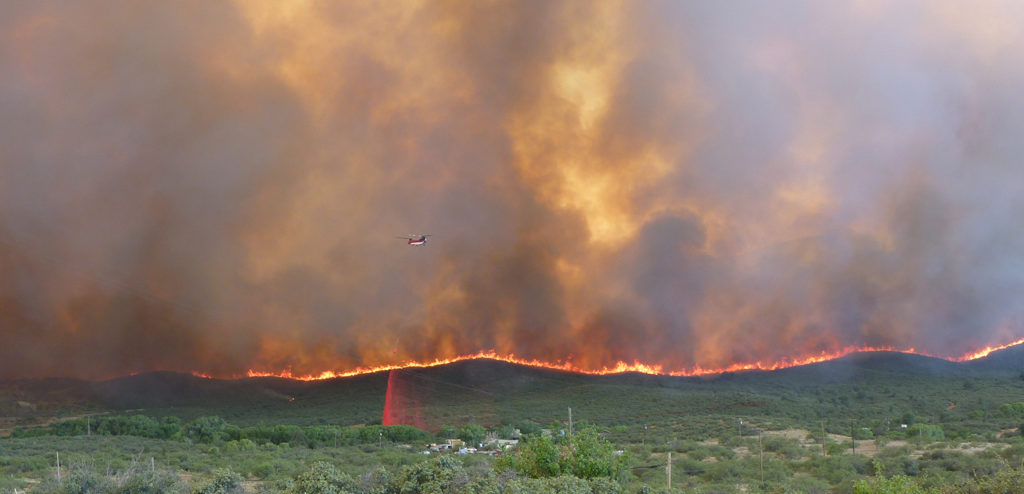
Fix Our Forests
A looming budget deadline offered a great opportunity to finally fix the way we pay for catastrophic wildfires—and reform forest management to help prevent fires in the first place. We thought lawmakers should pass a comprehensive fire funding fix in the budget deal to stop taking funds from forest restoration programs like prescribed burning and removal of invasive species and diseased trees.
Status: Done! Congress came through for sportsmen and all who rely on access to Forest Service lands in passing a comprehensive fix for fire borrowing in the fiscal year 2018 spending bill in March. We were thrilled and relieved to see bipartisan support for many other provisions that will benefit fish and wildlife habitat, clean water, sportsmen’s access, and the outdoor recreation economy, but the fire funding fix is a truly defining achievement, which will ensure that the Forest Service can get back to the business of maintaining healthy habitat and excellent facilities.
Bulk Up Water Quality Efforts in the Farm Bill
Looking ahead to the new Farm Bill, we hoped it would be one that would strengthen and maintain funding for USDA conservation programs. The work done with these funds keeps tons of pollutants out of rivers and expands water conservation on farms, which improves river flows to support healthy fisheries, strong outdoor recreation businesses, and flourishing rural communities.
Status: Possible. In the coming weeks, the House of Representatives is expected to vote on the Agriculture and Nutrition Act of 2018—otherwise known as the Farm Bill. This particular version of the bill is pretty contentious and not likely to be signed into law, but it proposes doubling the scope of the Environmental Quality Incentive Program to $3 billion. Of the many features of EQIP, one of the most popular is the incentive for landowners and farmers to incorporate cover crops into their planting rotation, and this practice has some benefit for improving soil health and slowing the progress of polluted farm runoff.
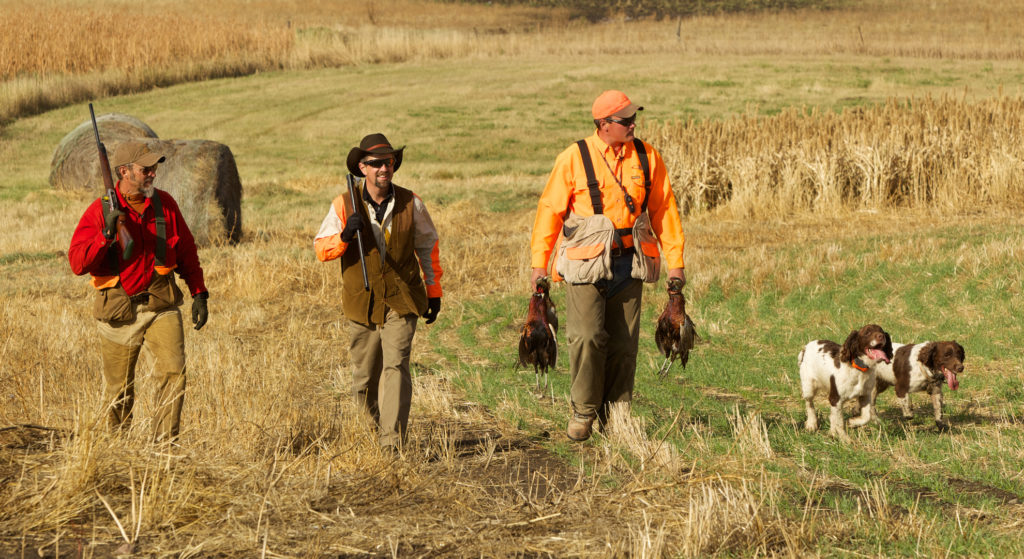
Invest in Access on Private Land
With legislation as massive and far-reaching as the Farm Bill, we knew there would also be a unique opportunity to boost hunting and fishing access in areas where there are few, if any, public lands. If Congress could reauthorize and expand the popular Voluntary Public Access and Habitat Incentive Program—the U.S. Department of Agriculture program that incentivizes landowners to open their property for public hunting and fishing access—the improved opportunities for hunters and anglers would create a draw in some rural communities that desperately need an economic boost.
Status: Signs look pretty good. There was bipartisan support for a standalone bill introduced in the House in February to reauthorize and enhance VPA-HIP. And though the House version of the Farm Bill did not include quite as much new funding for the program as we wanted, lawmakers have proposed a decent bump.

Defend the Clean Water Act
We were insistent that Congress should not make it easier for the EPA and Army Corps of Engineers eliminate a rule that more clearly defined the protections of the Clean Water Act. Americans overwhelmingly support protecting headwater streams and wetlands, which are critical to fish and waterfowl populations. Trimming down on regulation doesn’t have to mean leaving these foundational waters and rapidly disappearing wetlands vulnerable to pollution or destruction.
Status: Still trending in the wrong direction. The two-step repeal process has been ongoing since last year, despite broad public support for the 2015 Clean Water Rule’s benefits to fish and wildlife habitat. But Congress did not use legislative riders to waive any procedures or give the greenlight to move forward more quickly, which is a quiet win.
Image courtesy of Amanda Nalley/Florida Fish and Wildlife.
Modernize Marine Fisheries Management
For five years, the leading advocates of recreational fishing and conservation worked with policy makers to improve federal recreational fishing management by modernizing data collection and allowing more involvement from state agencies and anglers. These essential changes were included in legislation that passed the House Natural Resources Committee in December 2017 and headed to the House floor. As of the first of the year, the Senate had an opportunity to improve upon this legislation and ensure that the vital contributions—cultural, economic, and conservation efforts—of the recreational saltwater fishing industry are finally recognized in federal law and policy.
Status: Closer than ever before. At the end of February, the Senate Committee on Commerce, Science, and Transportation overwhelmingly approved the Modernizing Recreational Fisheries Management Act of 2017, otherwise known as the Modern Fish Act. This legislation calls for critically important updates to the oversight of federal fisheries, by adding more tools to the management toolbox, improving data collection techniques, and examining some fishery allocations that are based on decades-old decisions. If passed into law, the Modern Fish Act would bring to fruition five years’ worth of input from the recreational fishing community and increase the level of trust between America’s 11 million saltwater anglers and federal fisheries managers.
Champion Conservation and Access Equally
Some of the best news of 2017 came out of the Department of the Interior, when Secretary Zinke asked agency leaders to identify and prioritize opening new hunting and fishing access to previously landlocked public lands and national wildlife refuges. While this is to be celebrated, we were anxious to see the DOI define a “conservation vision” for valuable habitats and hunting and fishing areas in 2018, to work in tandem with the vision that they have already established for expanding sportsmen’s access. This would include clear measures to recognize and conserve wildlife migration corridors, avoid or minimize impacts to habitat from development, plan locally to safeguard our best hunting and fishing areas, and allow conservation plans for greater sage grouse work as intended.
Status: TBD. In February, Zinke issued a Secretarial Order directing agencies to work toward better conservation of critical big game habitat, including migration corridors, stopover habitat, and seasonal ranges. And we’re hearing every assurance that the DOI will begin to make a broader pivot toward conservation now that they are satisfied with the direction we’re going on energy development. But the BLM is launching an amendment process for greater sage-grouse conservation plans that were settled in 2015—changes could affect 98 land-use plans for about 67 million acres across the West.
We originally posted “Six New Year’s Resolutions We Wish Congress and DOI Would Make” on January 5, 2018.

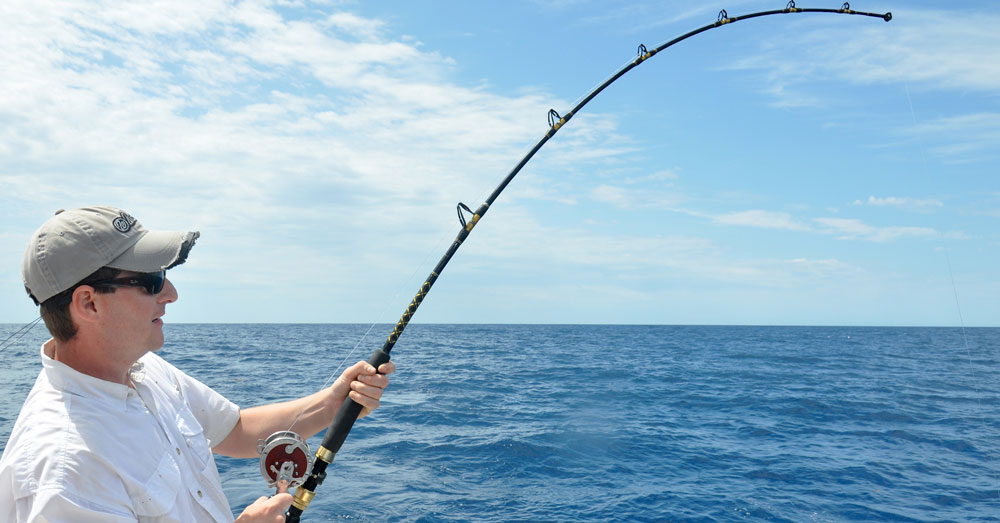

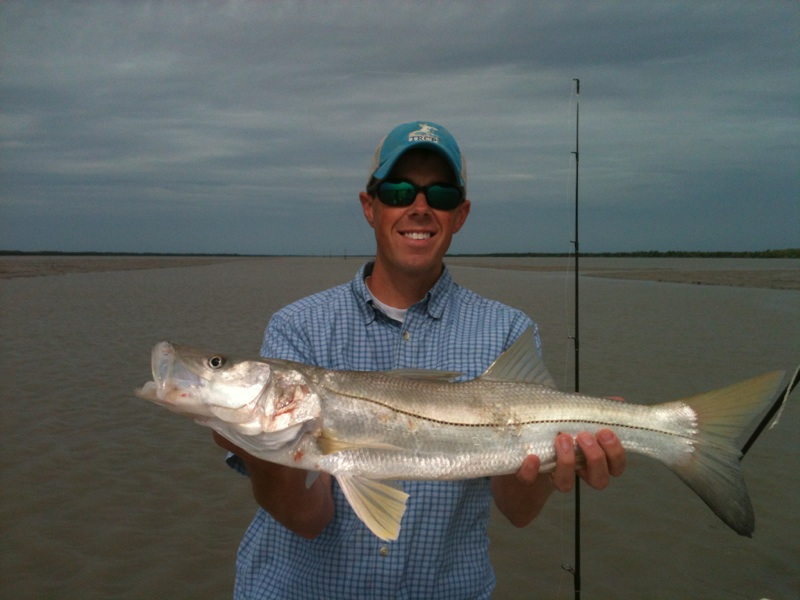
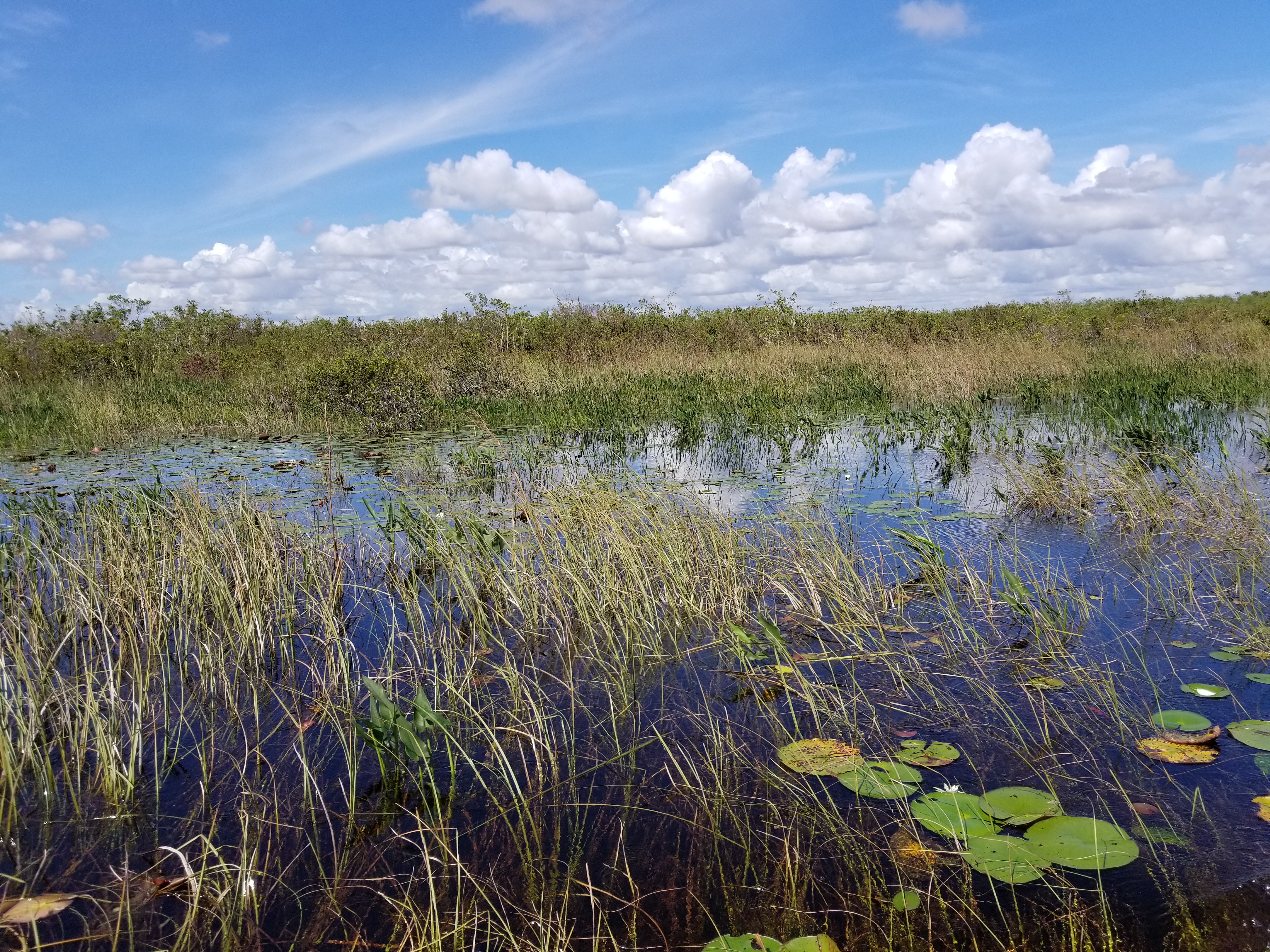
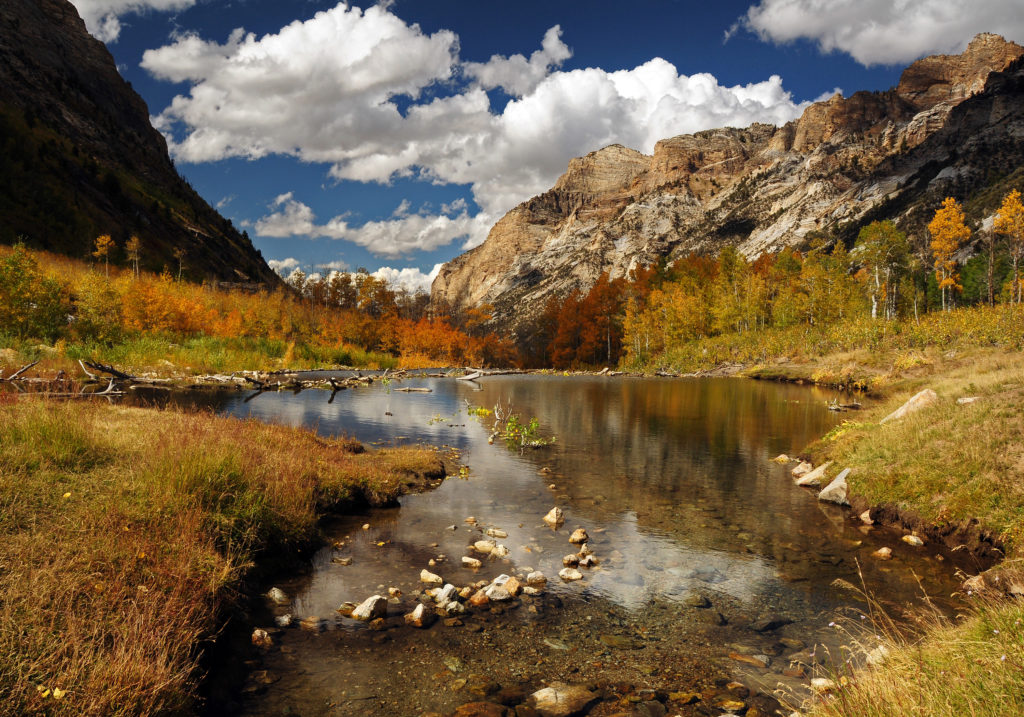




AMEN x6!
Congress must revise the Antiquities Act to prevent all future presidents from locking up many thousands of acres of public lands. The Act should be used as originally intended, “the smallest area compatible with the proper care and management of the objects to be protected.”
God Bless Secretary Zinke.
Sure shots and tight lines to all.
Our natural heritage is increasingly in danger. It is politicians’ fixation on doing what their campaign contributors want that needs to be fixed — to the side of conservation.
I agree. Also like the idea of increasing funding for all public lands management and infrastructure maintenance lands through general tax revenues.
Stinky zinke continues to steal our public lands and pollute our waters. Traitor trump and stinky zinke both belong in jail. Lock them up!
Get that CRP cap raised to 40 million acres plus! More habitat, means more game for everyone! Access is reflection of game abundance. We can fix this and more ( water quality, erosion, forage
reserve, etc) with the swipe of a pen! Farmbill for wildlife! I’m g
Regarding reply # 5 from Mr.Petchrochko. Once again TRCP gives a complete MORON a platform to spew LIBTARD REMARKS!!! I’m willing to bet he has never written to, or spoken with any lawmakers? EVER! No matter what you do TRCP make sure you perpetuate division in our country by acknowledging statements backed by hatred…
making certain I and others like me will NOT financially support organizations like you. Once again it’s the Natural World and Wildlife the looses by humans behaving like FOOLS!
In response to reply #6, kurt, I don’t think it is fair for you to blame TRCP for the comments on their article. As long as the comments are not using inappropriate language, I think that it is nice to see that they allow for people to freely express their opinion both in support of and against the organization’s agenda. If you look up to reply #2, you will see that this person has made a statement that is directly opposed to TRCP’s stance on the Antiquities Act. While I do not agree with reply #5, I think that you should appreciate the fact that TRCP is not censoring all of their comments so that only there “perfect world” agenda is portrayed.
Wow Kurt,
You really think you’re any different than Pete Petrochko? Calling people “libtards” and morons is doing nothing to bring people closer together. Also, making egregious spelling errors while insulting the intelligence of others is generally not advised.
As for Bob, I get the feeling you’re referencing Bears Ears which still allows hunting and fishing. Now there is just less land protected from development for hunting and fishing.